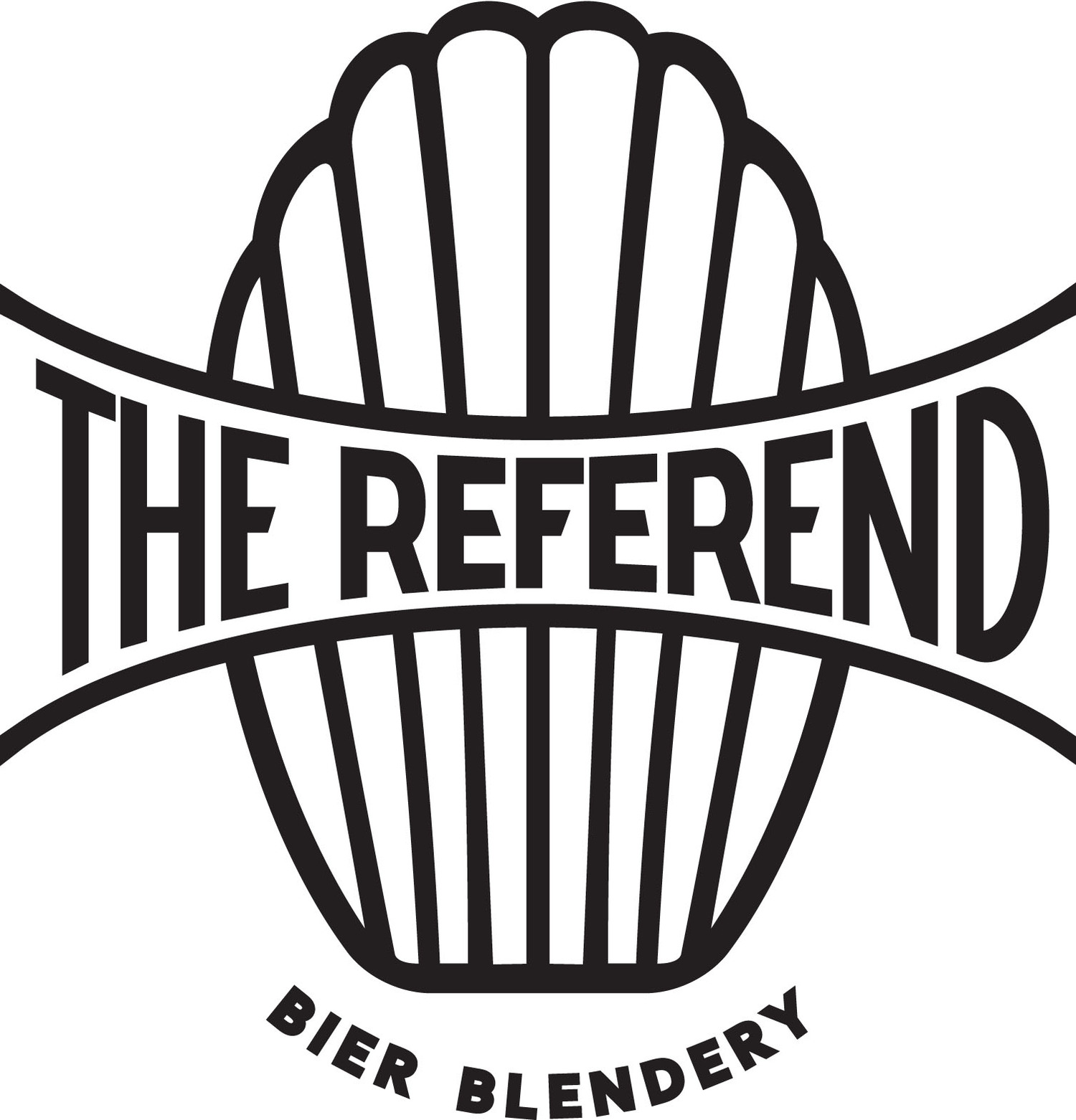In the American Grain
/Hand Harvesting Local Organic Spelt in Princeton, NJ
Harvesting one's own grains for brewing is a little like stretching one's own vellum with aims to later write poems or illuminated translations upon it. We have prior firsthand experience of neither.
Still, if we—with the help of local farmers, maltsters, and hop growers—can pull it off, we'll brew an exclusively Garden State-grown spontaneously fermented beer this winter. That beer, perhaps two or three years later, will serve the analogy as our own sort of Book of Kells.
Our grain needs at The Referend are scant: we could get by on nothing more than pilsner malted barley and raw wheat. But when we encountered a plot of organic spelt at a local Princeton farm (Great Road Farm), we found a way to out-antiquate ourselves, sourcing the chief predecessor to wheat and—lacking the modern combine—harvesting by hand.
Spelt fell out of favor as cultivar of choice in the 19th century as wheat hit its ascendancy. Wheat was processed for food production more easily, lacking the hull that lends the name to spelt of "hulled wheat" (also farro, epautre, dinkel, depending on the language/origin).
In the 12th century, Hildegard von Bingen exalted the grain, saying, "The grain of spelt is the strongest and best of all the fruits there are; it has in its stalk no sap nor pith like other trees, but its stem rises to a spike that leads to the fruit, and it never produces bitter juice in either heat or cold, but yields dry flour." The rediscovery of her spelt worshipping has helped enshrine the ancient grain, which has not necessarily helped advance knowledge of the grain itself. A recent scientific publication on ancient grains found "information on this hulled wheat is still incomplete and frequently contradictory."
From what we've been able to glean, wheat and spelt have similarly high tannin levels, which we prize and prize out in the brewing of wort capable of long fermentations, but spelt has twelve times the sugar of wheat. Further, we'll brew with the spelt hulls (or chaff), adopting the old continental process discussed in an 1829 technical brewing book:
"It is believed that the chaff possesses the property of facilitating the saccharification, as well as promoting the purity and fluidity of the extract."
We quickly realized the three of us dilettante farmhands were too green to harvest the half acre allotted us, but we went to work breaking stalks with hands and scythes, decapitating the spelt heads with a sickle, bundling the sheaves with twine, and loading it all up in the mobile coolship at the end of the day to bring back to The Referend.
Exactly one week later, after the grain had time to lightly bake and dry and loosen up, we threshed the grain with wiffle bats and a frantic stomping dance technique. An Albanian doctor, hearing of our plans, recommended a donkey or two to stomp the threshing floor, recalling how it had been performed back home. We are extremely amenable to this method if anyone local has a donkey to spare for a day.
After winnowing off the loose chaff and hay with a fan, we determined that this effort yielded us about 200 pounds of grain, enough for a 10-15 barrel batch of beer, destined for two to three puncheons (500L neutral oak wine barrels, as pictured above on the right), and possibly a thousand or so 750ml bottles.
Was it worth it? We were asking this to each other all day, having no idea of the weight of the grain we were collecting, no appreciable metric with which to mark our progress. Jean-François Lyotard rebuts these questions of value and efficiency, asking: "What is your 'what is it worth' worth?"
And surrealist painter and writer Giorgio de Chirico wonders:
"what of all those sublime and stupid resolutions of going back to the land, of folk art, of sincerity, of abnegation, of honesty, of probity, of simplicity, of bowing down before nature, of the cult of the beautiful, of health in art, of good work done in the morning after rising early, of the Mediterranean spirit, of victory over oneself? Twaddle and utopias?"
In truth, we won't know until we taste it.










